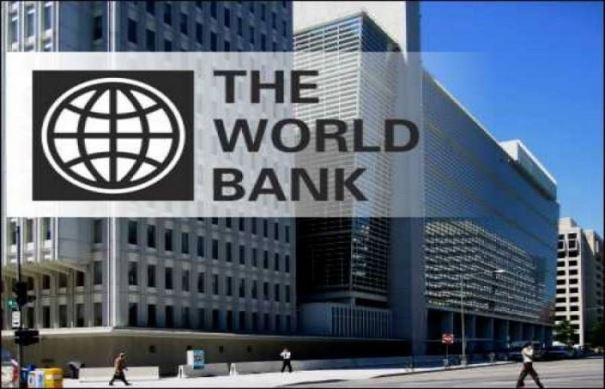NEWS
Inflation forced 7m Nigerians below brink of poverty in 2020 – World Bank

The World Bank has stated that inflation forced about seven million citizens of Nigeria below the brink of poverty in 2020.
This was enclosed in a press statement entitled, ‘Critical reforms needed to reduce inflation and accelerate the recovery, says new World Bank report,’ issued by the World Bank’s Senior External Affairs Officer of Nigeria, Mansir Nasir.
The press statement was issued in accordance with the most recent World Bank Nigeria Development Update.
It was admitted that the Federal Government “took measures to protect the economy against a much deeper recession” but it was advised that specific policies should be in place for a robust recovery.
The statement read, “The NDU, titled ‘Resilience through Reforms,’ notes that in 2020 the Nigerian economy experienced a shallower contraction of -1.8% than had been projected at the beginning of the pandemic (-3.2%).
“Although the economy started to grow again, prices are increasing rapidly, severely impacting Nigerian households. As of April 2021, the inflation rate was the highest in four years. Food prices accounted for over 60% of the total increase in inflation. Rising prices have pushed an estimated 7 million Nigerians below the poverty line in 2020 alone.”
Cited in the statement, the World Bank Country Director for Nigeria, Shubham Chaudhuri, acknowledged some of the difficulties confronting the nation and advised a way forward.
Chaudhuri said, “Nigeria faces interlinked challenges in relation to inflation, limited job opportunities, and insecurity.
“While the government has made efforts to reduce the effect of these by advancing long-delayed policy reforms, it is clear that these reforms will have to be sustained and deepened for Nigeria to realise its development potential.”
Additionally cited is the World Bank Lead Economist for Nigeria and co-author of the NDU, Marco Hernandez, who also recommended solutions.
Hernandez said, “Given the urgency to reduce inflation amidst the pandemic, a policy consensus and expedite reform implementation on exchange-rate management, monetary policy, trade policy, fiscal policy, and social protection would help save lives, protect livelihoods, and ensure a faster and sustained recovery.”